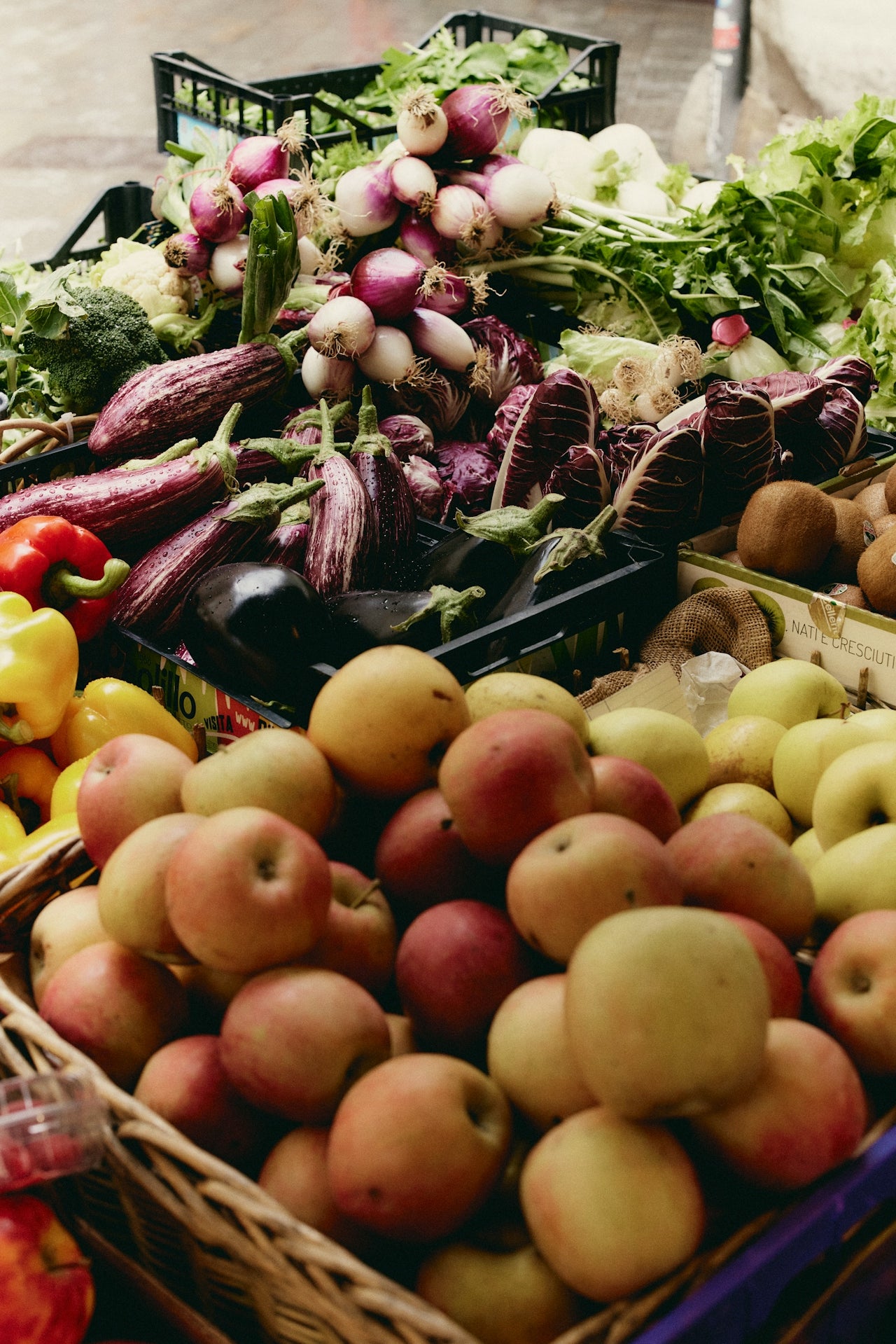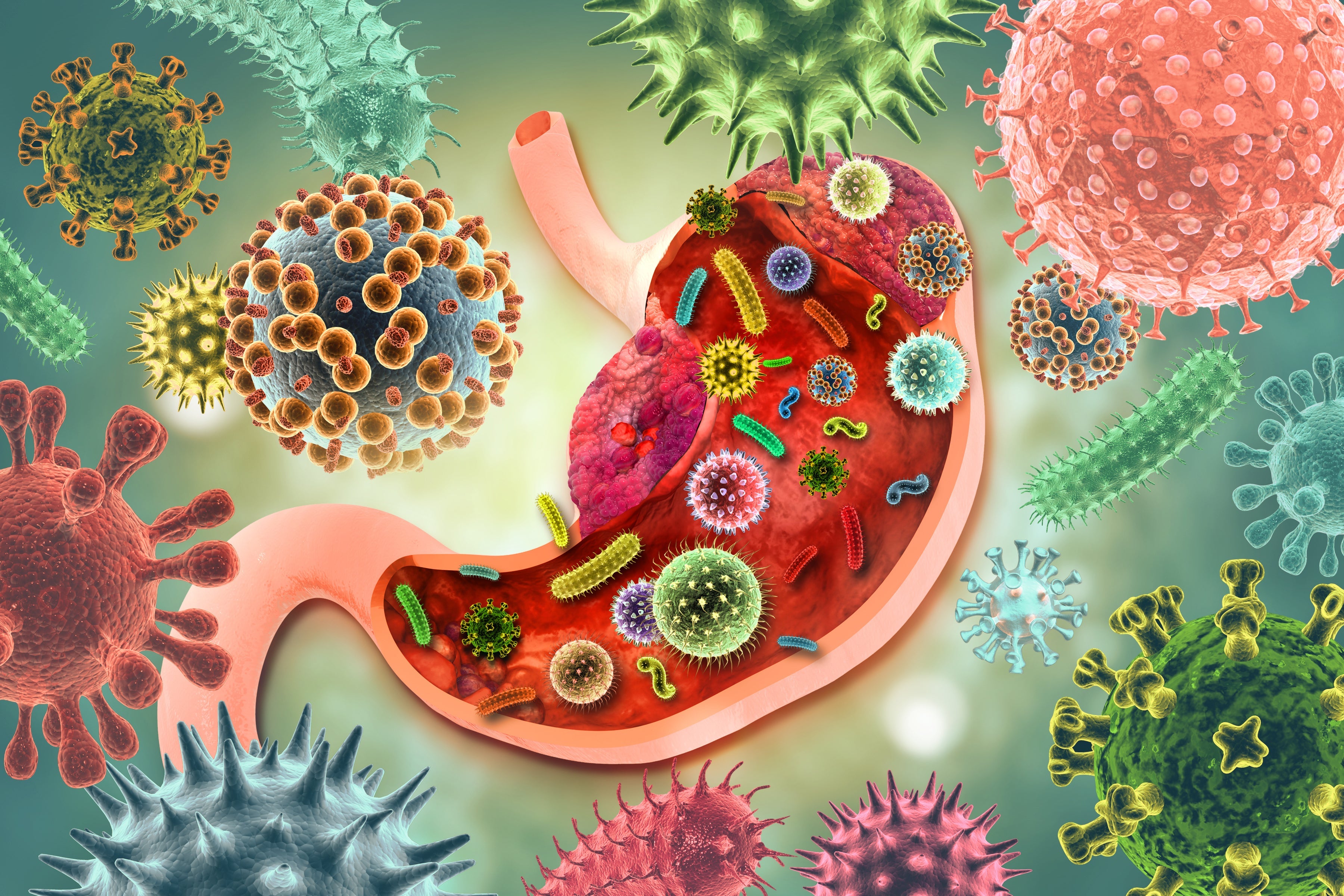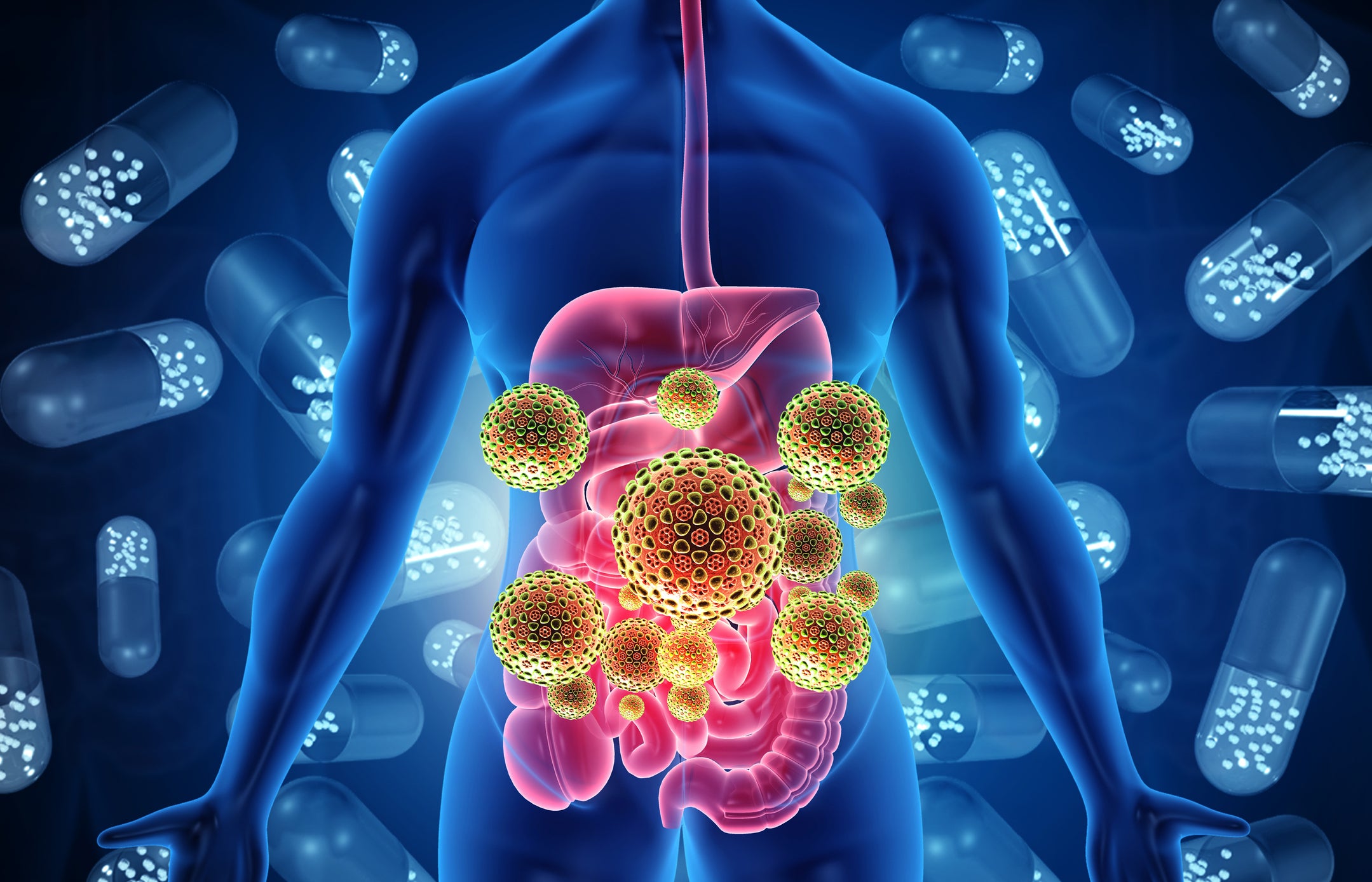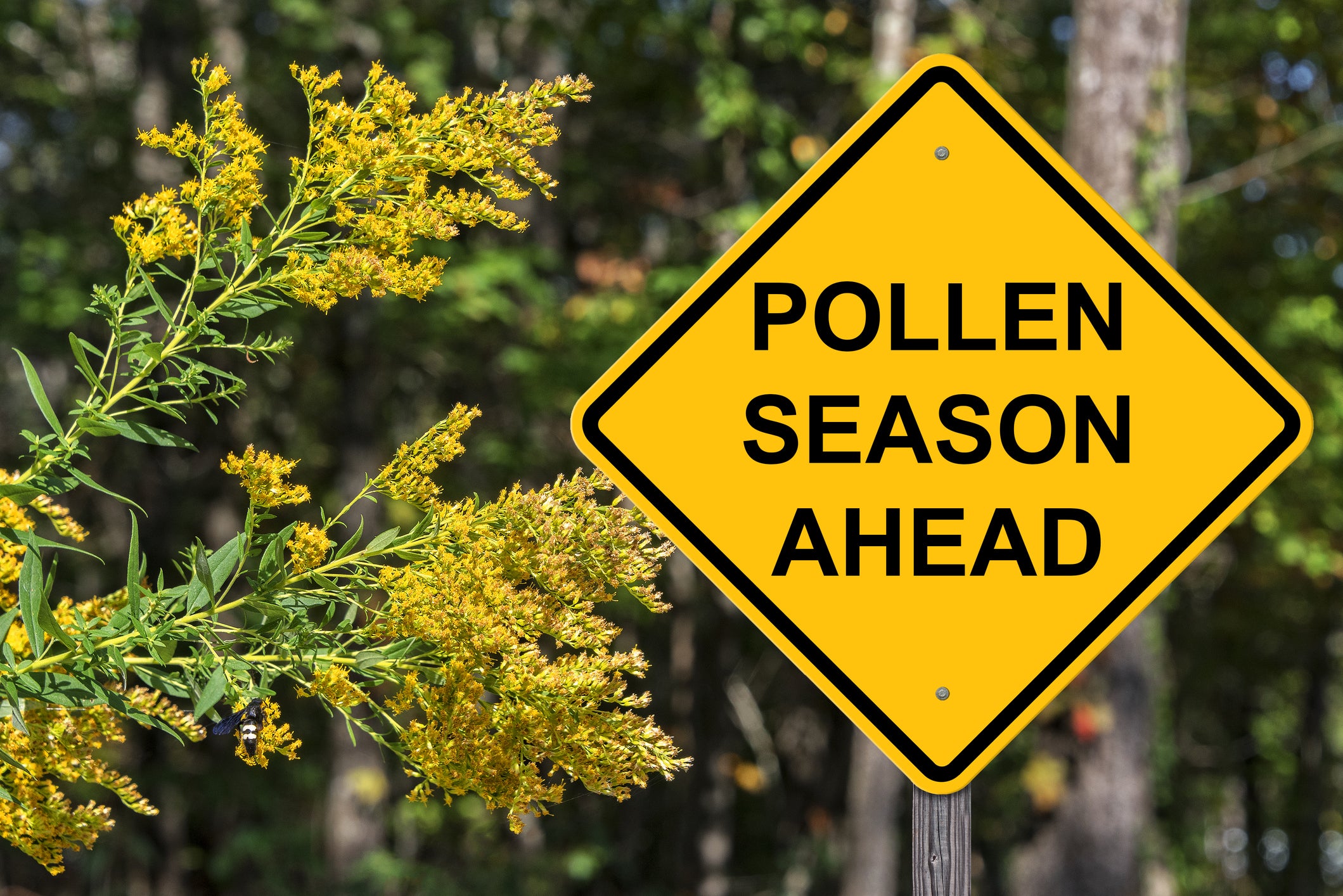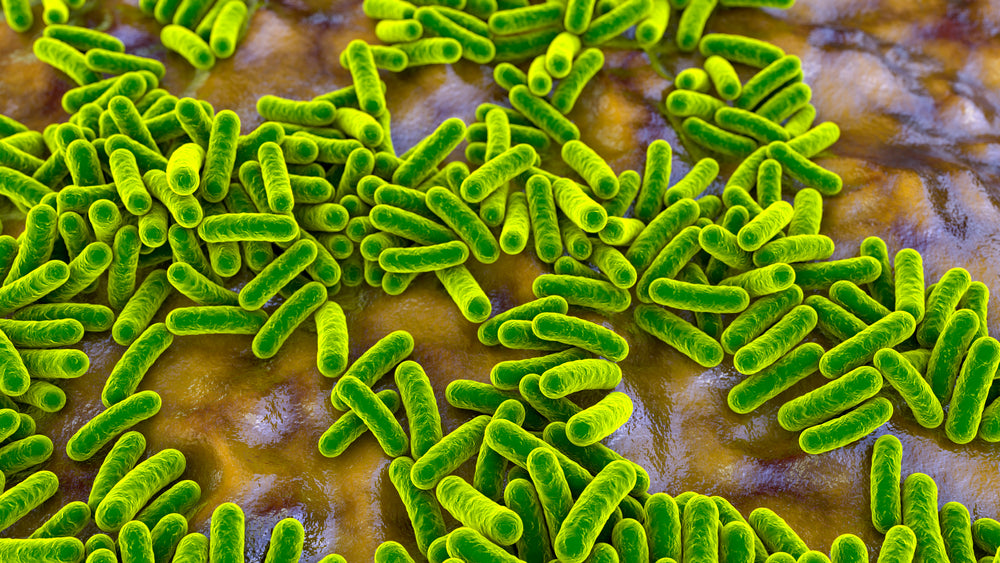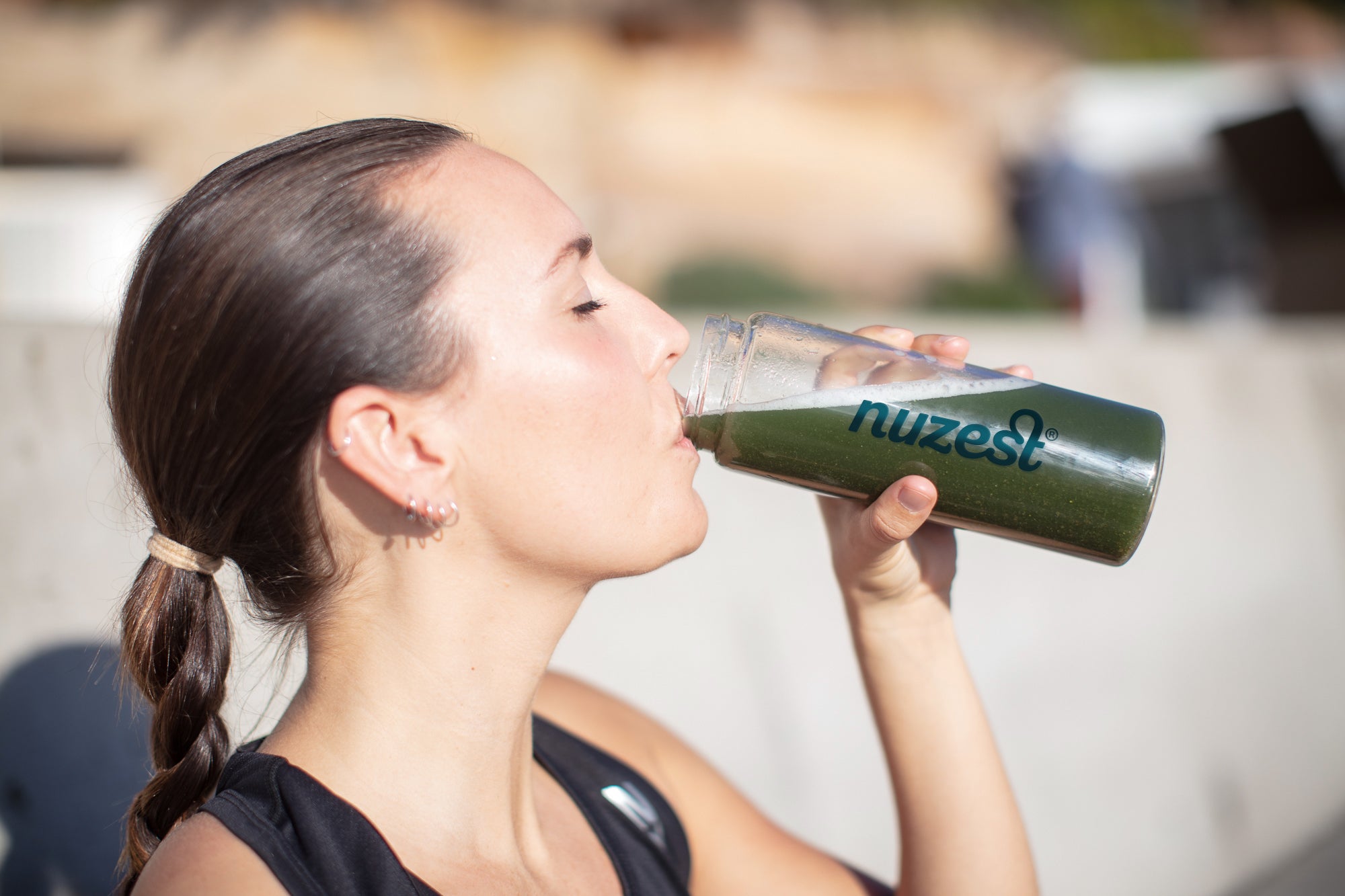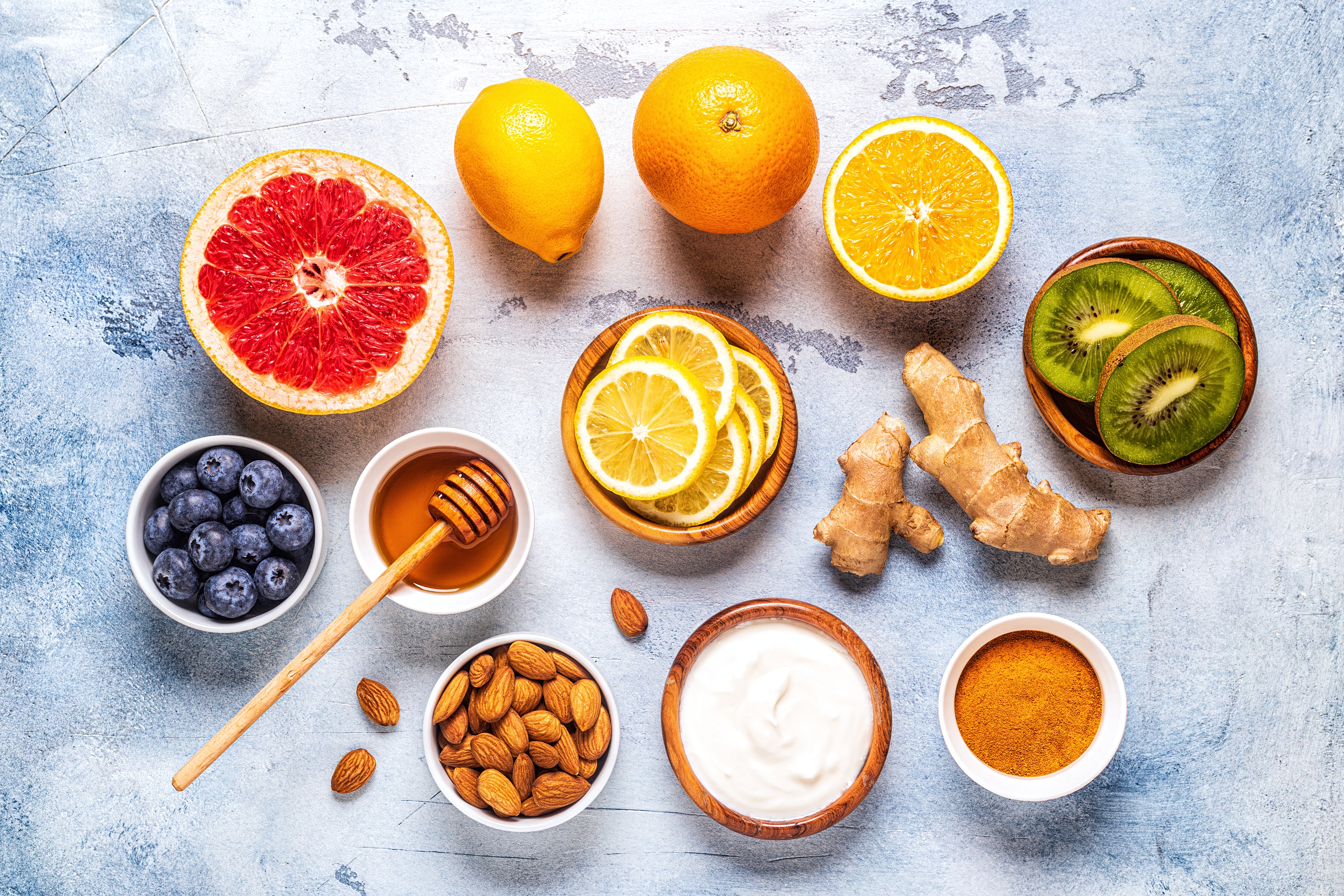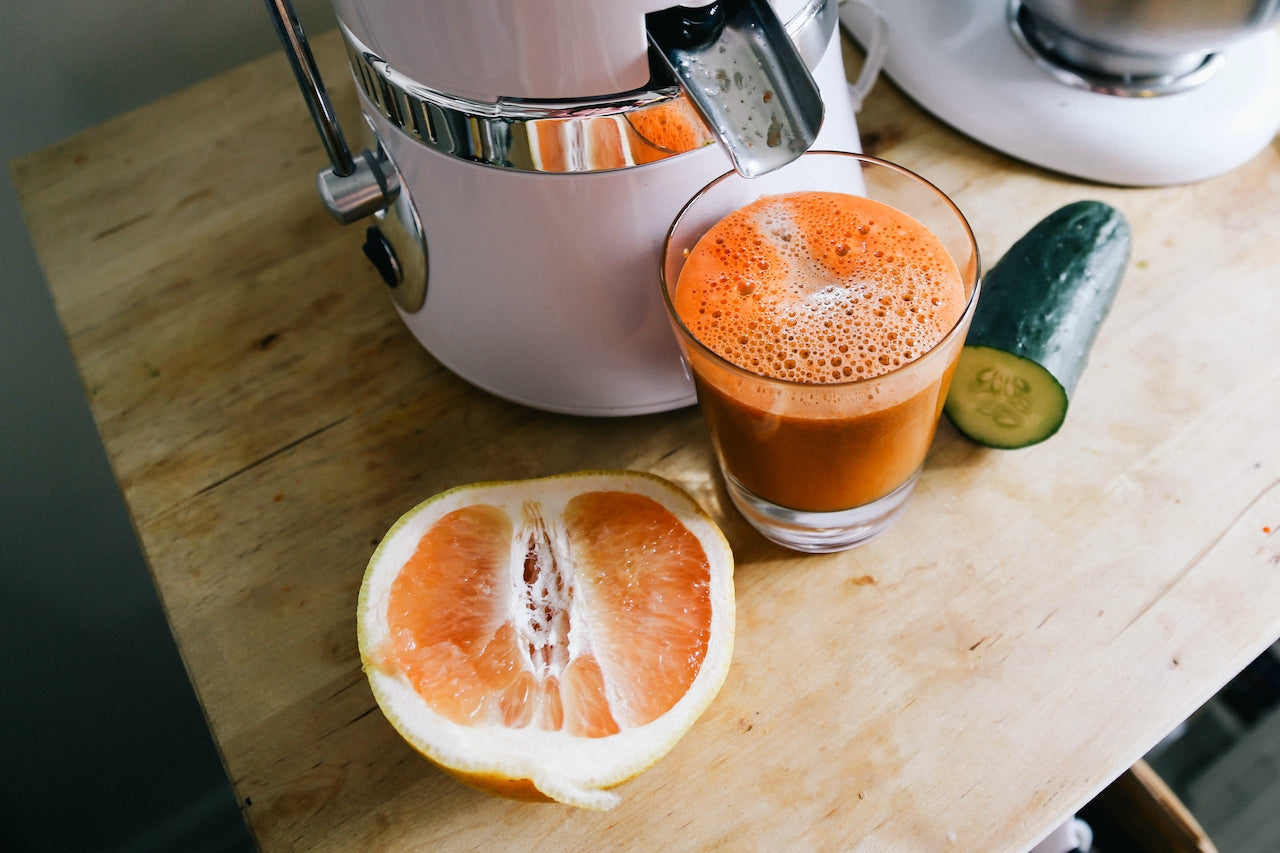AUTHOR: Cliff Harvey, PhD (Clinical Nutritionist & Researcher)
A celiac diet is a gluten-free diet. Celiac disease is the name for an autoimmune disorder that is caused by a reaction to gluten—a protein found in wheat, barley, and rye. Read below to learn everything you need to know about pea protein and the Celiac diet.
The condition primarily affects the small intestine (the site of much of the absorption of nutrients in the body) resulting in inflammation and destruction of the villi (the folds of the intestinal wall that increase the surface area, and therefore absorption of nutrients) of the intestinal wall. Symptoms can include chronic diarrhea, bloating, loss of appetite, and malabsorption of nutrients, resulting in other health effects resulting from nutrient deficiencies.
The treatment of celiac disease simply involves the complete removal of gluten-containing foods from the diet, and thus, a celiac diet is one that is free from all wheat, rye, and barley.
Can Pea Protein be used on a Celiac's diet?
Pea protein is free from gluten and so, can be a great addition to the diet of someone with Celiac disease or those who have a gluten sensitivity. It is also practically free from other irritants (phytate, lectins, saponins, and trypsin inhibitors) and other common allergens like soy, dairy, corn, and eggs.
It provides a valuable protein boost to the diet that is complete (contains all the essential amino acids) and compares very favorably with the recommended amino acid pattern proposed by the Institute of Medicine of the United States National Institutes of Health.1 In fact, just one serving per day of Clean Lean Protein helps to provide around 3/4 of your amino acid requirements for health. Pea protein isolates also have very high absorption rates (greater than 89%)2 and this can be of benefit to those who have sustained damage to the gut and have potential absorption issues.
But does Pea Protein on a Celiac Diet get the job done?
In an evaluation of pea protein isolate vs. whey protein, both types of protein resulted in nearly identical increases in muscle thickness when compared with placebo.3 This demonstrates that pea protein is equal to whey protein for providing benefits to muscle health. In addition, pea protein is considered more satiating (it helps you to feel fuller and more satisfied for longer) and so offers tantalizing benefits for helping to regulate eating.
Why supplement with protein anyway?
Protein is made up of amino acids that are the building blocks of nearly every cell and tissue in the human body, including muscles, organs, and chemical messengers, necessary for us to think, feel, and perform at our very best. So, protein intake to supply these amino acids is important.
Nuzest's products are independently tested for common allergens including gluten, following strict Good Manufacturing Processes (GMP) to ensure our products are gluten-free. So, pea protein powders like Clean Lean Protein provide an easy to digest, absorbable, protein boost that is compatible with a gluten-free diet for those with celiac disease.
References
- Hansen K, Shriver T, Schoeller D. The effects of exercise on the storage and oxidation of dietary fat. Sports Med. 2005;35.
- Gausserès N, Mahe S, Benamouzig R, Luengo C, Ferriere F, Rautureau J, et al. [15N]-labeled pea flour protein nitrogen exhibits good ileal digestibility and postprandial retention in humans. The Journal of nutrition. 1997;127(6):1160-5.
- Babault N, Païzis C, Deley G, Guérin-Deremaux L, Saniez M-H, Lefranc-Millot C, et al. Pea proteins oral supplementation promotes muscle thickness gains during resistance training: a double-blind, randomized, Placebo-controlled clinical trial vs. Whey protein. Journal of the International Society of Sports Nutrition. 2015;12(1):3.















